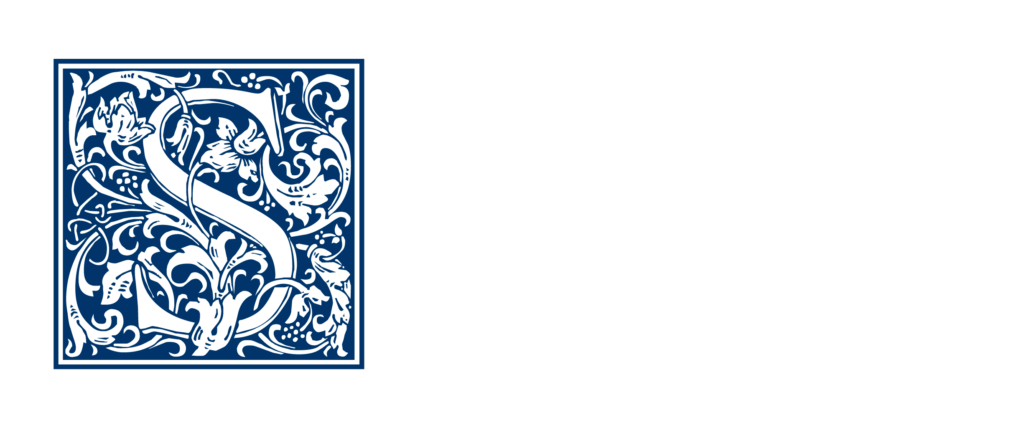Theme | Speakers | Program | Location | Registration
The theme of the 2024 Sedes Sapientiae Symposium is Mary and political philosophy. It will take place on October 18-19th 2024 in Leuven. Stay updated with our newsletter.
Have a look at the speakers, the preliminary program, and register here to attend! (Registration deadline October 10th)

Deadline for abstract submission: July 10th, 2024.
Notification of acceptance: July 17th, 2024.
Submit your abstract through this form [deadline has passed].

“11 For wisdom is better than all the most precious things: and whatsoever may be desired cannot be compared to it. […] 15 By me kings reign, and lawgivers decree just things, 16 By me princes rule, and the mighty decree justice.”
(Proverbs, 8)
After the initial symposium on philosophising in Mary in general, the 2024 edition will focus on one particular area where philosophising in Mary might bear fruit: political philosophy. For, in 2017, Pope Benedict XVI had noted the following:
“The contrast between the concepts of the radically atheistic state and the creation of the radically theocratic state by Muslim movements creates a dangerous situation for our age, one whose effects we experience each day. These radical ideologies require us to urgently develop a convincing concept of the state that will stand up to the confrontation between these challenges and help to overcome it.”
Hence, the overall question is whether Mary can be a fruitful model or source of inspiration to develop such a convincing philosophical concept of the state, or of the nature of the political in general. Other possible topics for presentations include, but are not limited to:
- If Mary is the model of philosophy, is she also the model of Plato’s philosopher-
kingqueen? - Can Mary offer a model of secular sovereignty that preserves openness to transcendence?
- How does a Marian conception of the civil order compare to the traditional Leonine model of the soul-body analogy for Church-state relationships?
- What would a cross between Quas Primas and Ad caeli Reginam look like?
- In what way could the reign of Mary be both one with and distinct from the reign of Christ?
- What role could be played by the distinction between constituted and constitutive power in comparing the reign of Mary and the reign of Christ?
- If Mary is a sovereign queen, what community is she the queen of, and how does she exercise her rule?
- What role could be played by her immaculate conception in relation to her sovereignty, e.g. as not being under the dominion or debt-slavery of the devil?
- Can Mary’s relations to the Trinity as daughter, bride and mother offer a more rich and nuanced model for state-Church relations than the (e.g. Leonine) soul-body analogy?
- Kant famously claimed that: “The highest master should be just in himself, and yet a man. This task is therefore the hardest of all; indeed, its complete solution is impossible, for from such crooked wood as man is made of, nothing perfectly straight can be built.” Does that support Mary’s queenship, given her immaculate conception?
- What does St. Louis-Marie Grignion de Montfort mean by “Ut adveniat Regnum Tuum, adveniat Regnum Mariae”?
- What can be learned from concrete examples (Portugal, Bavaria, …) where Mary was formally recognised as sovereign?
- What could the social queenship of Mary mean in practice, i.e. beyond being a ‘mere’ symbol?
- What are the links between Mary as the mystical city of God, and Augustine’s battle between the two cities?
The preliminary list of speakers includes Adrian Vermeule (Harvard), Sarah Jane Boss (Centre for Marian Studies), Pater Edmund Waldstein OCist. (Heiligenkreuz), Rocco Buttiglione (St. Pius V), Fr. Dirk Hanssens OSB (Keizersberg).
The 2024 Symposium is organised by Michaël Bauwens (University of Antwerp) and Jared Schumacher (University of Mary).
